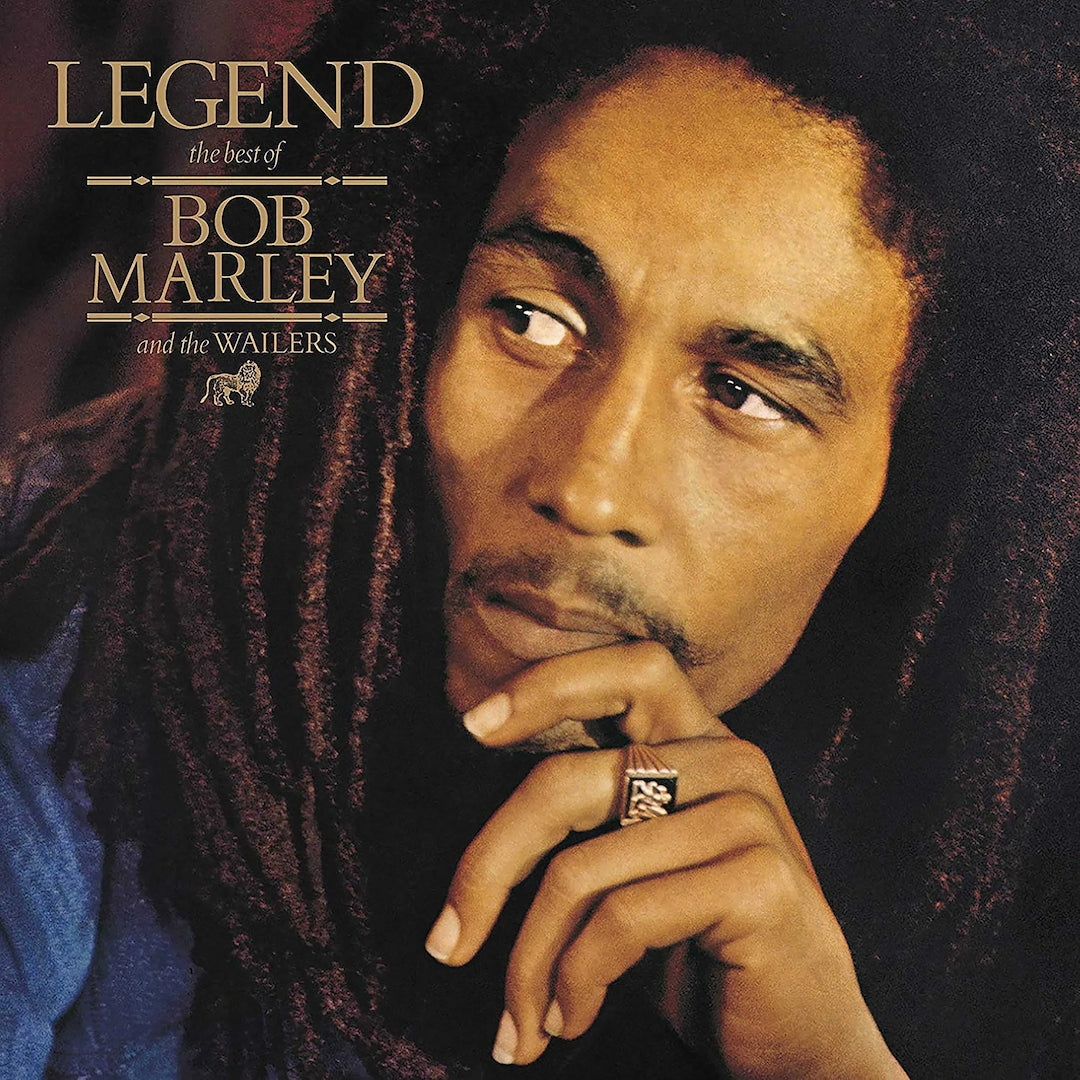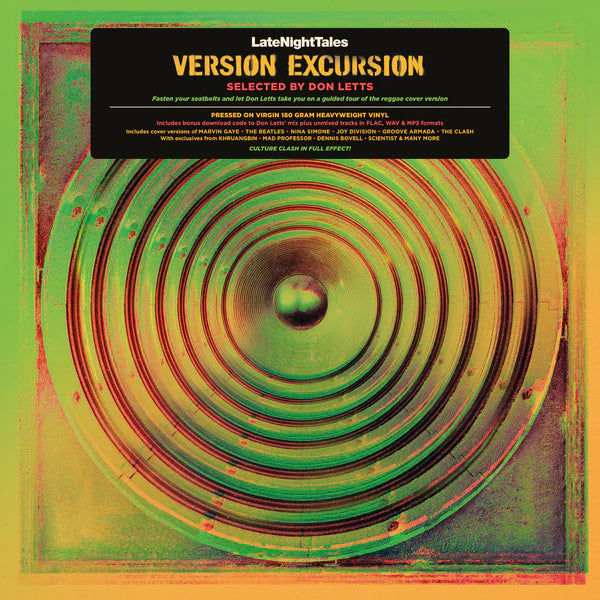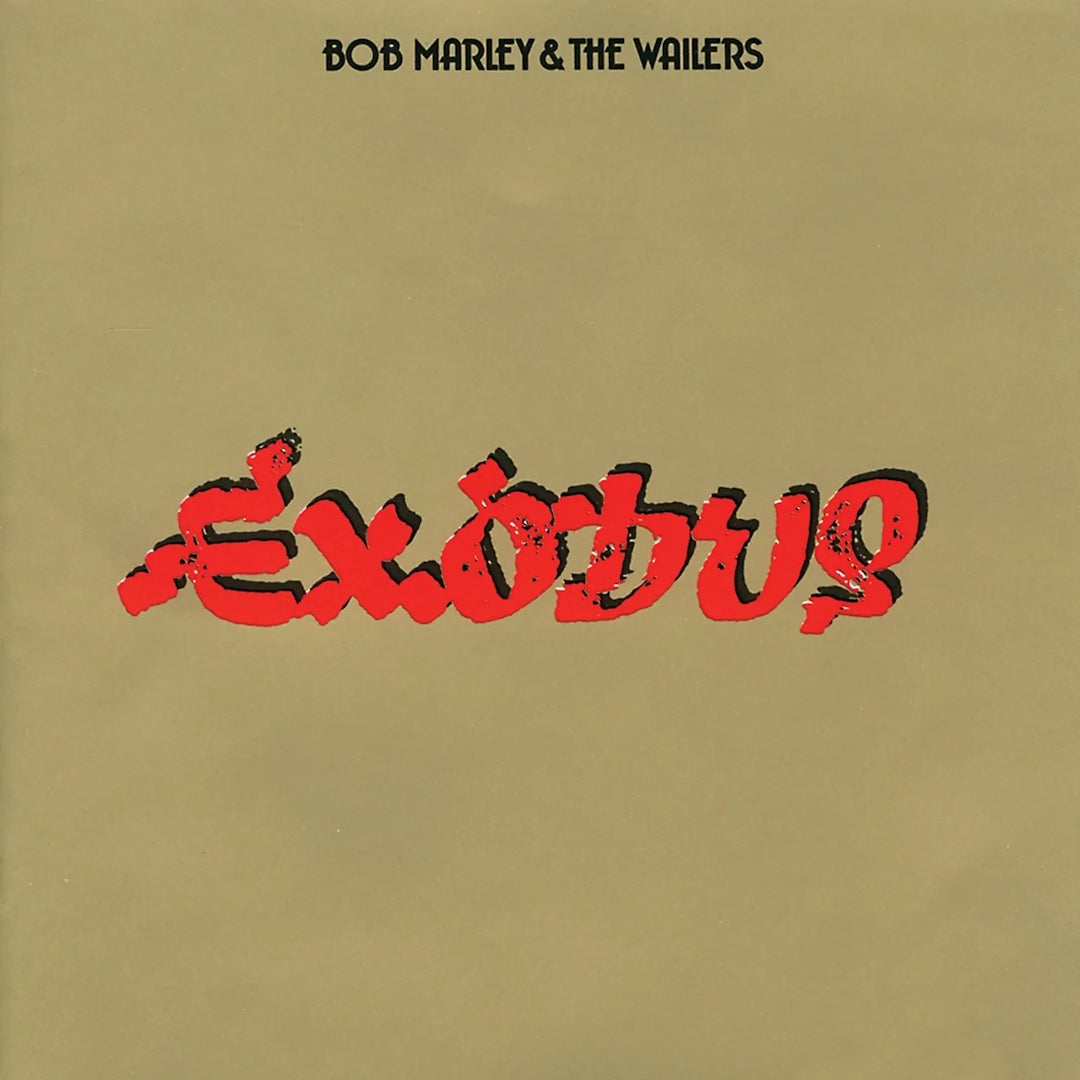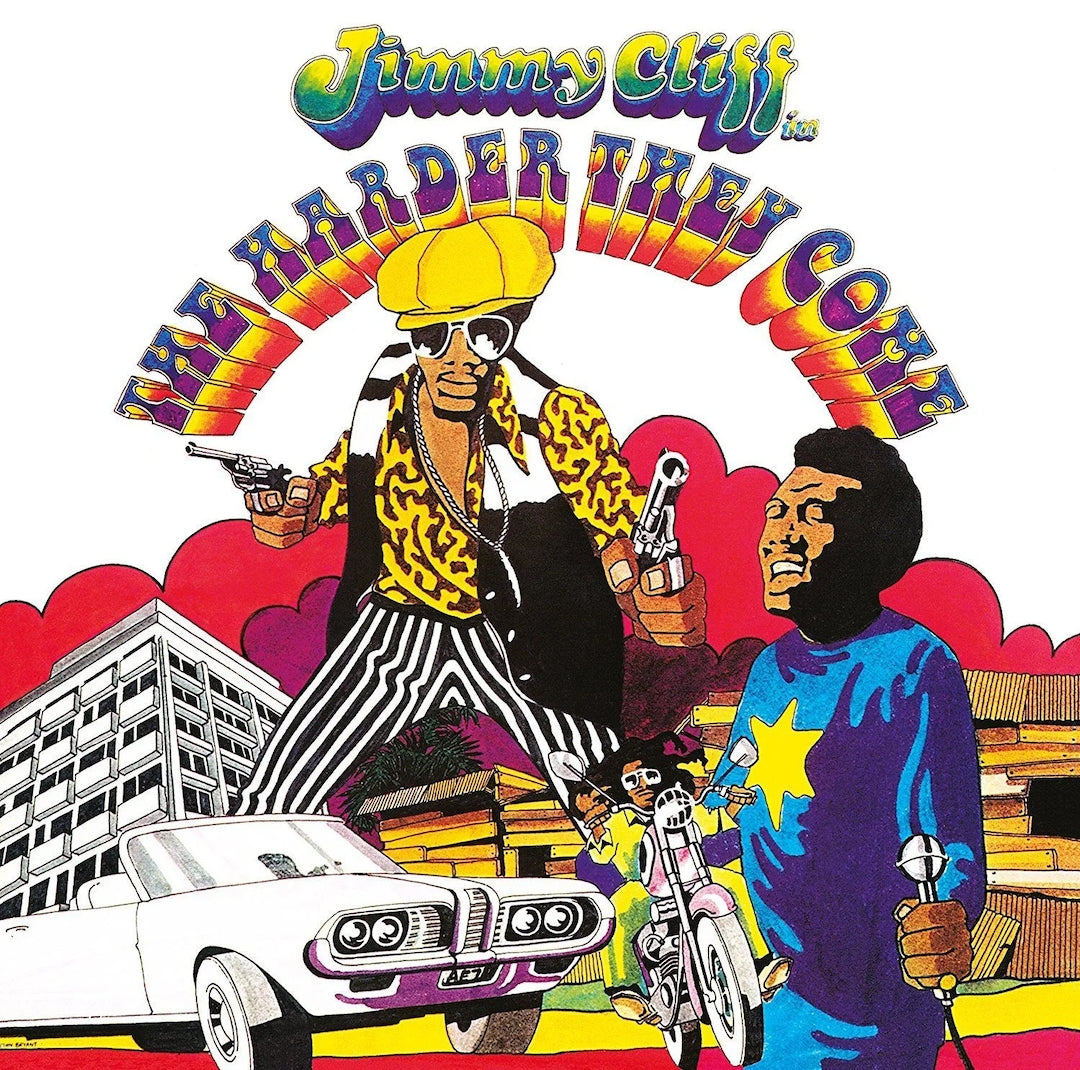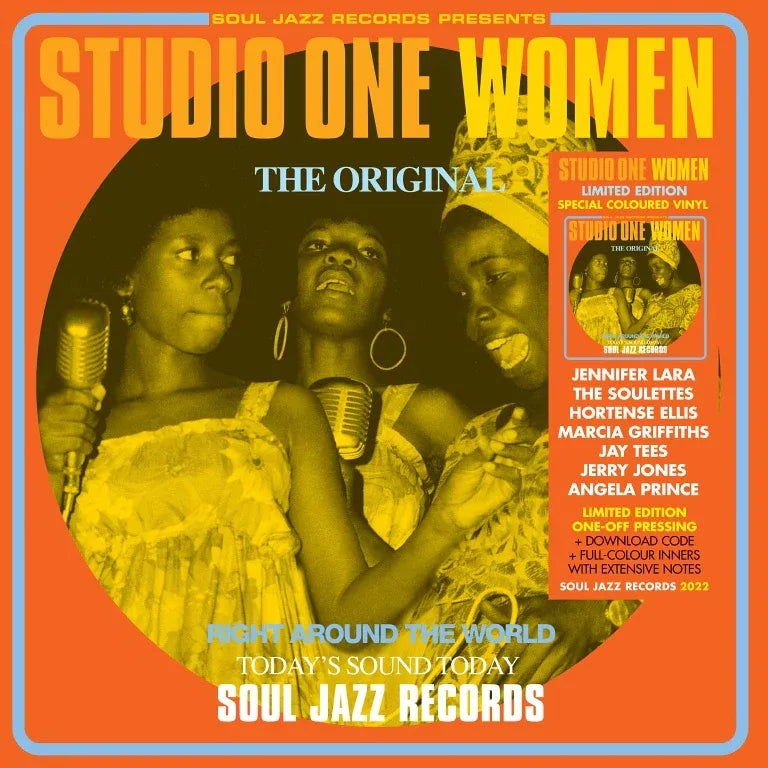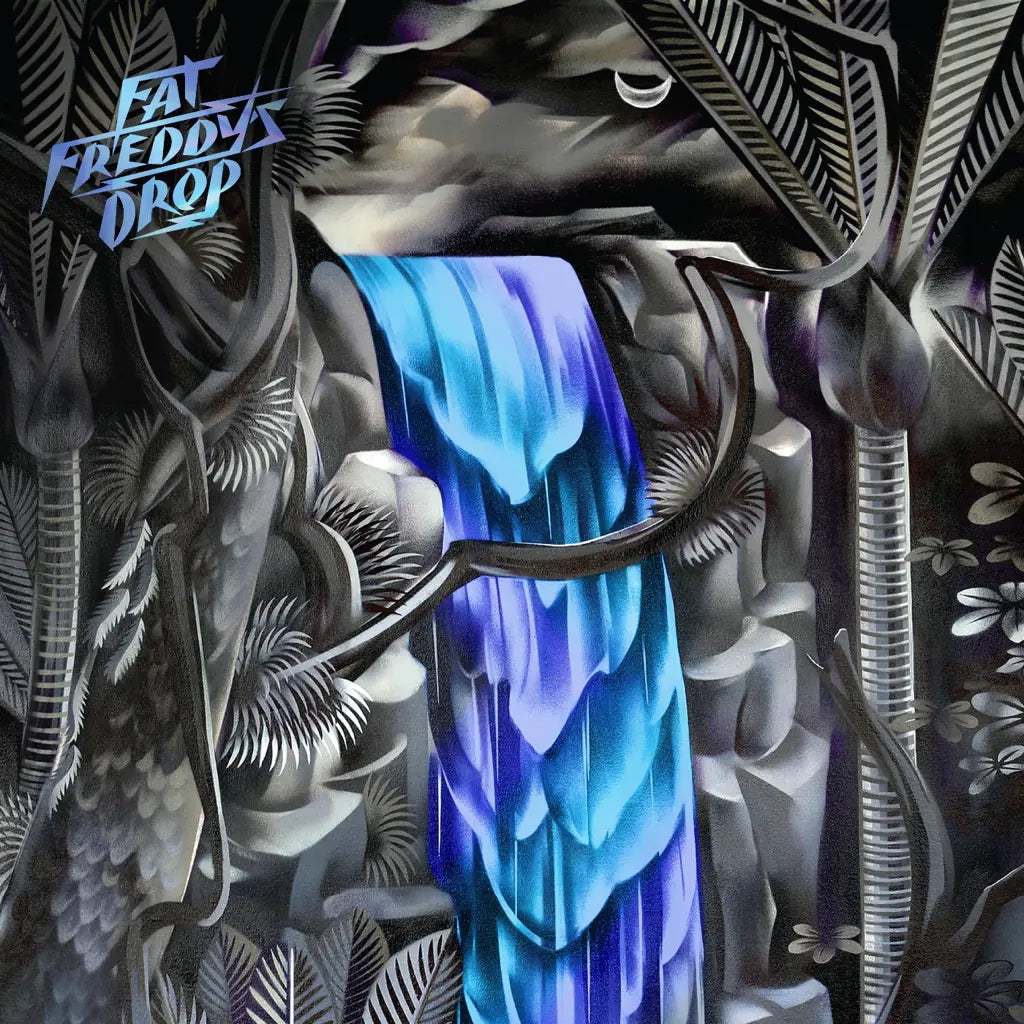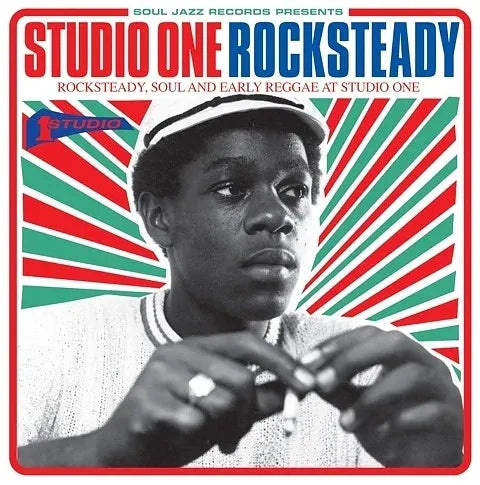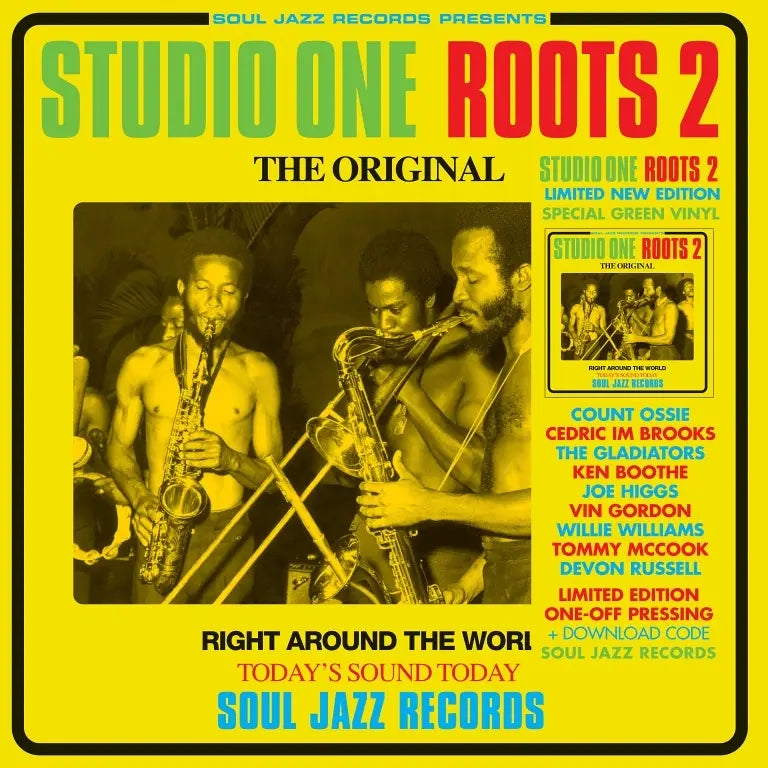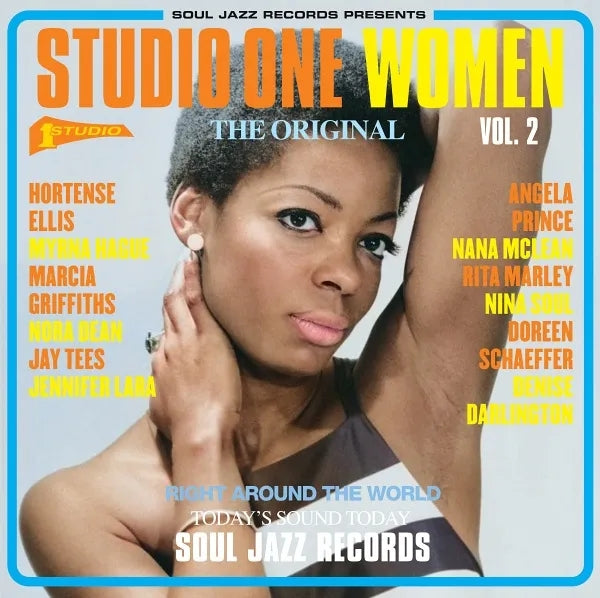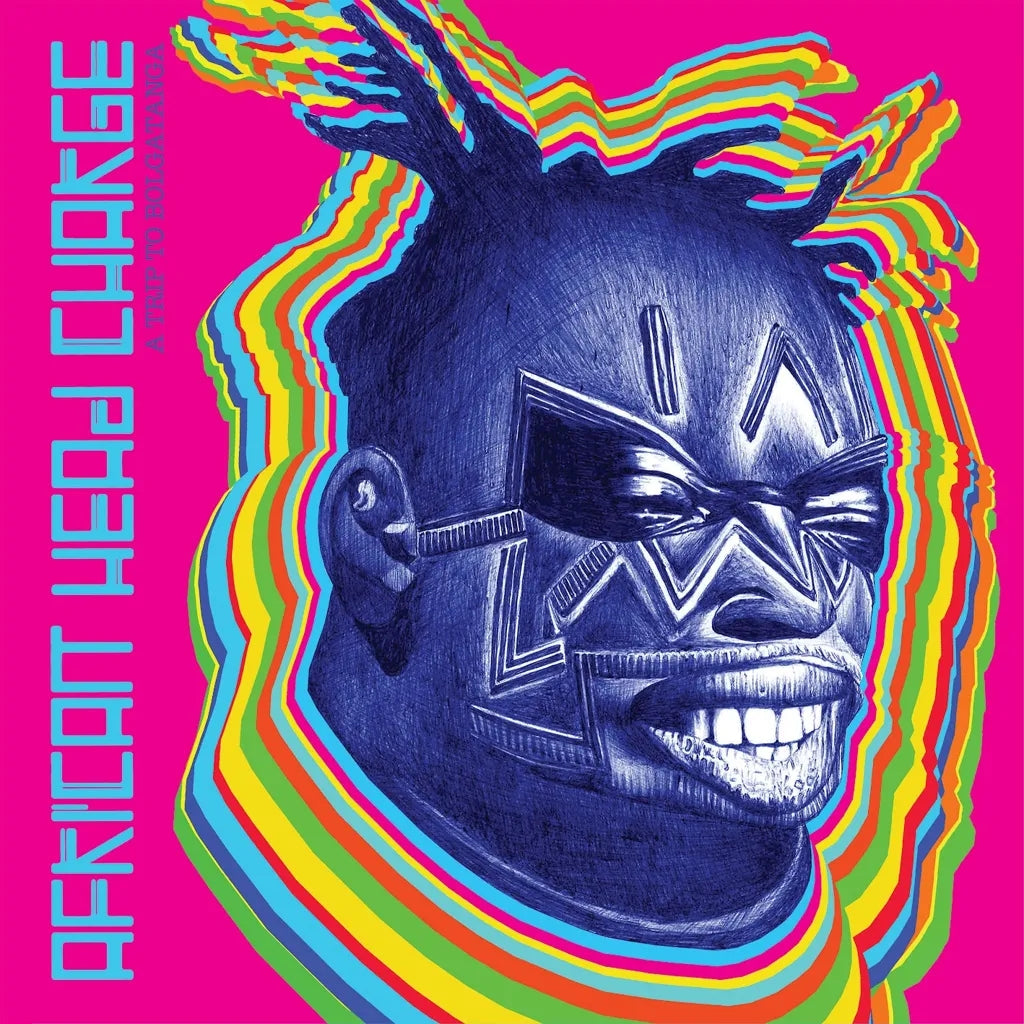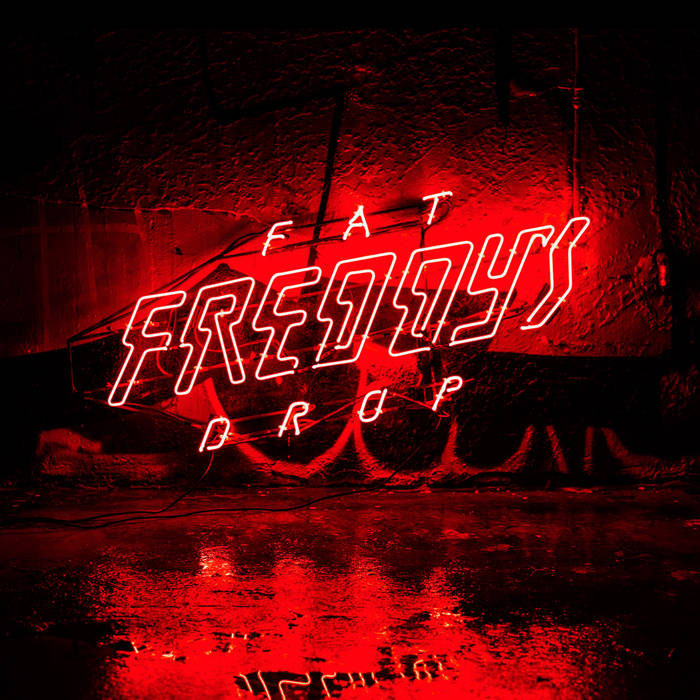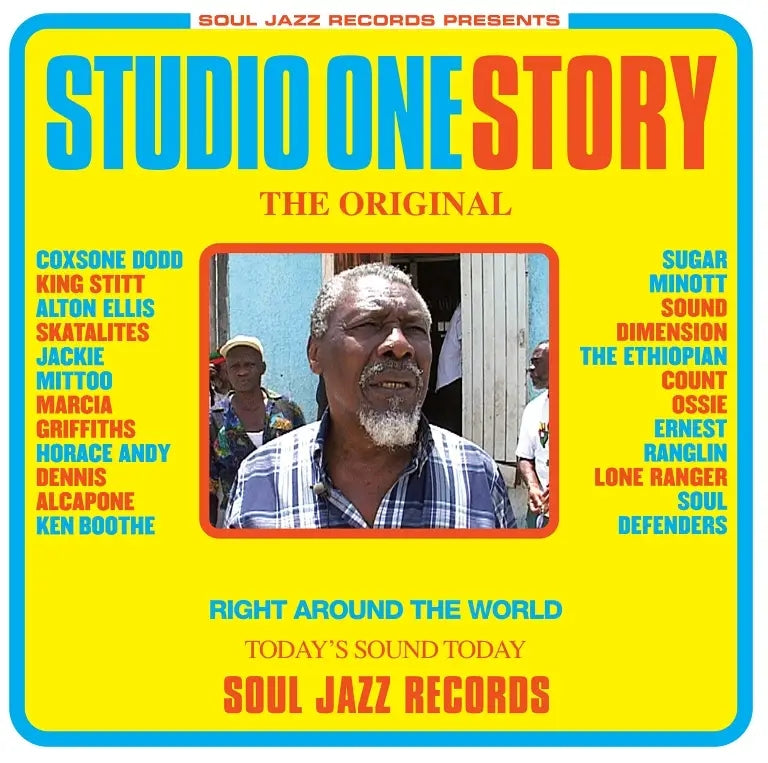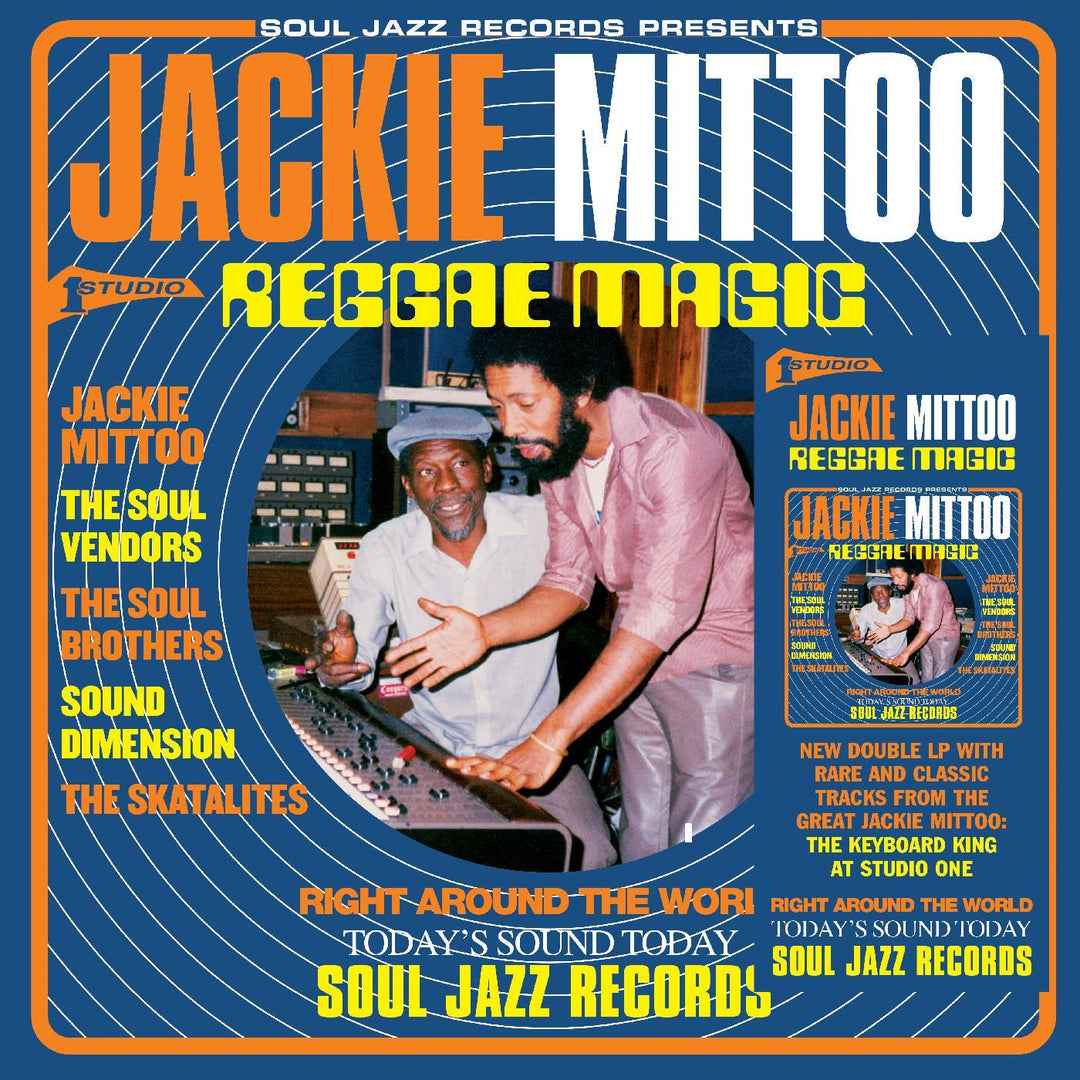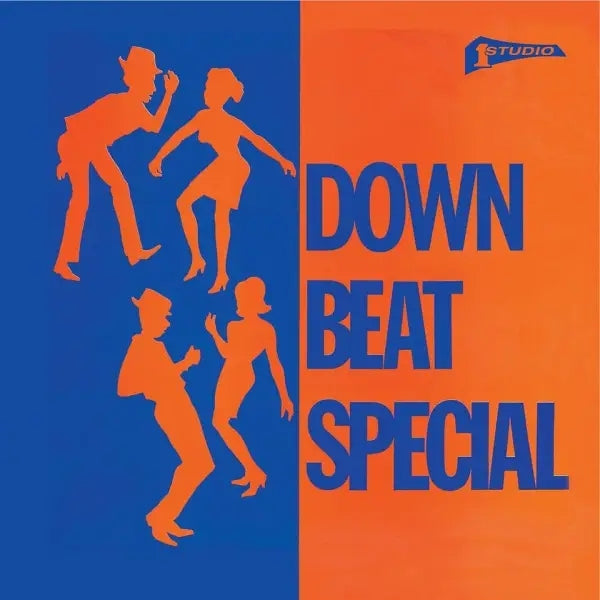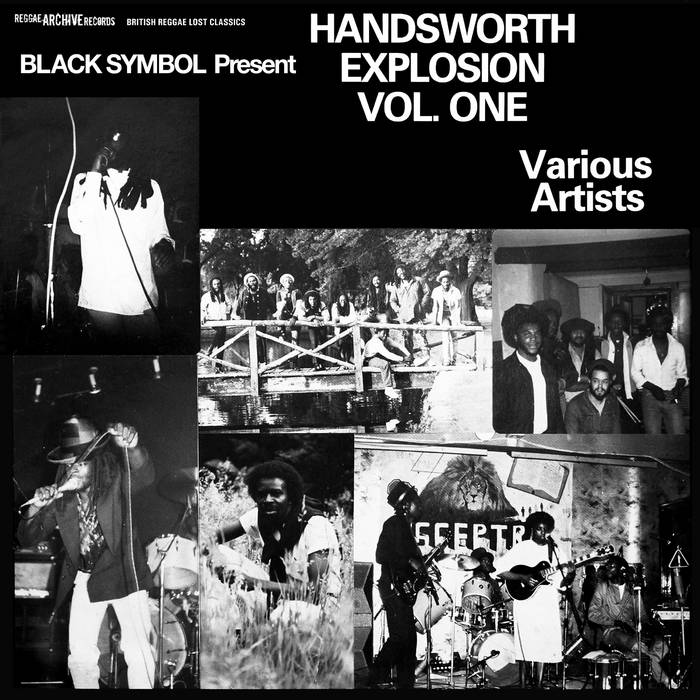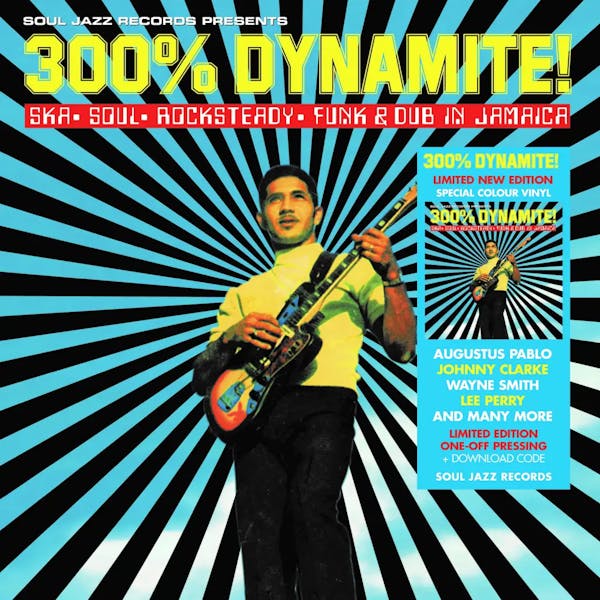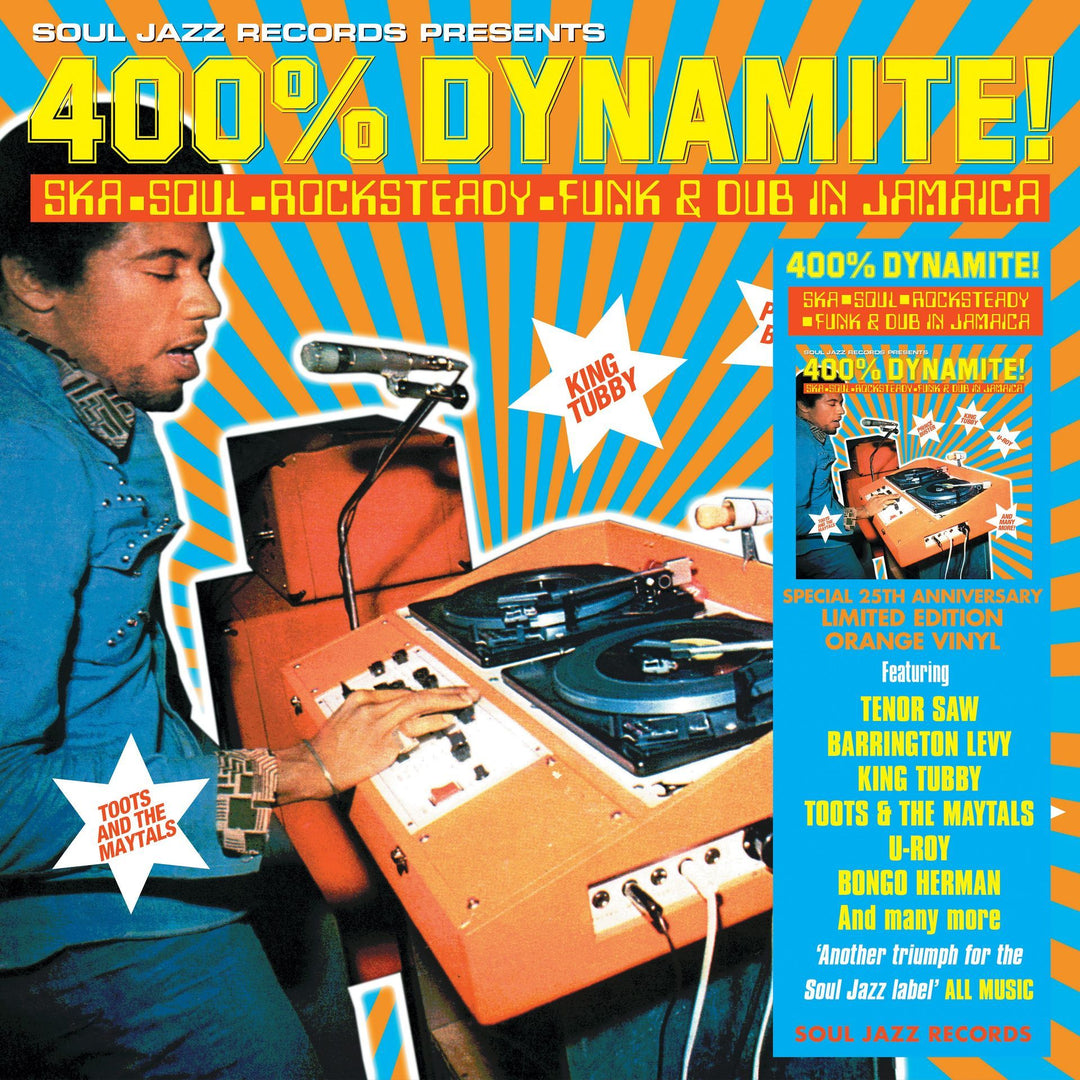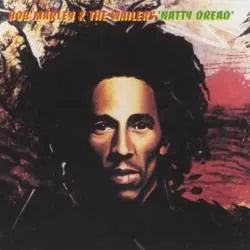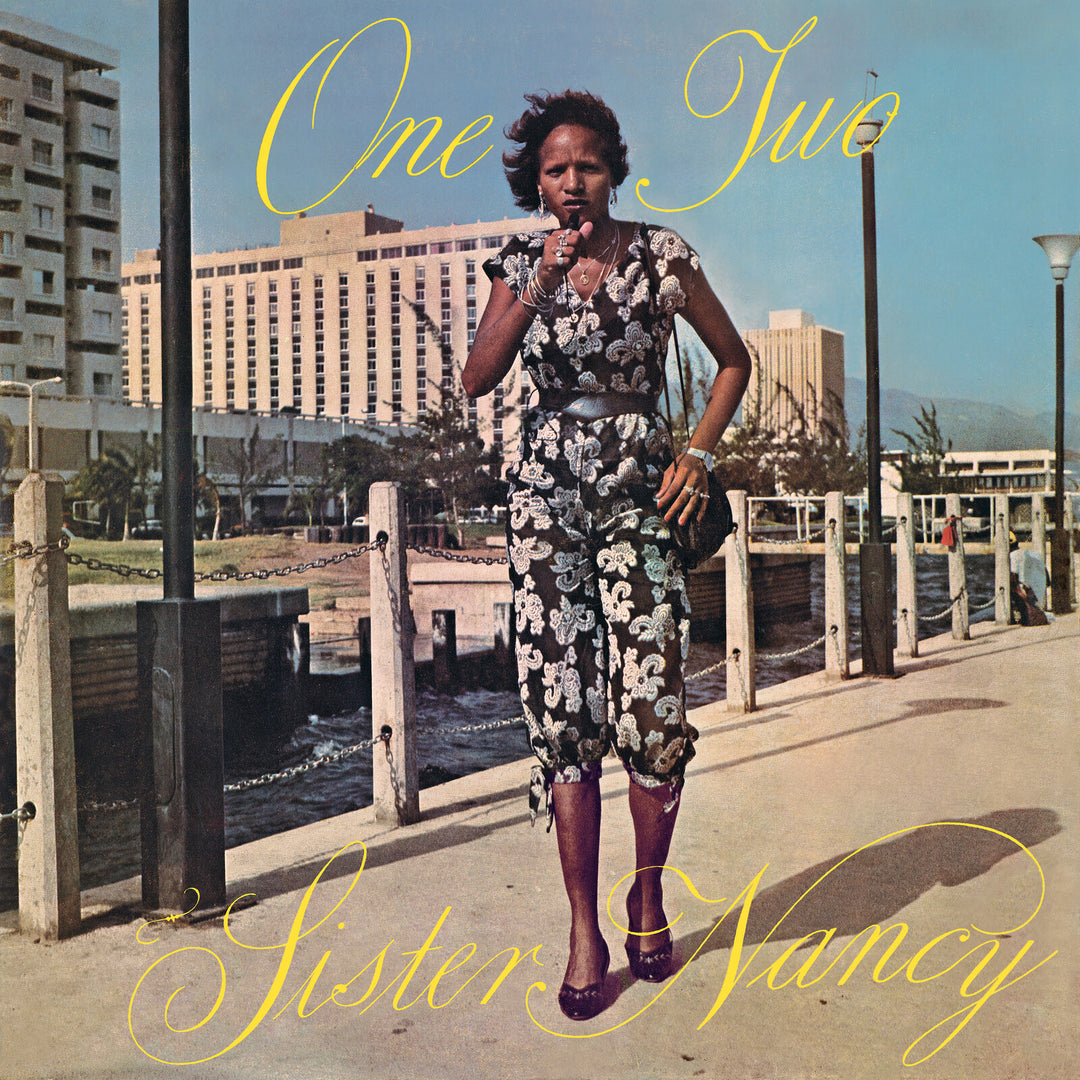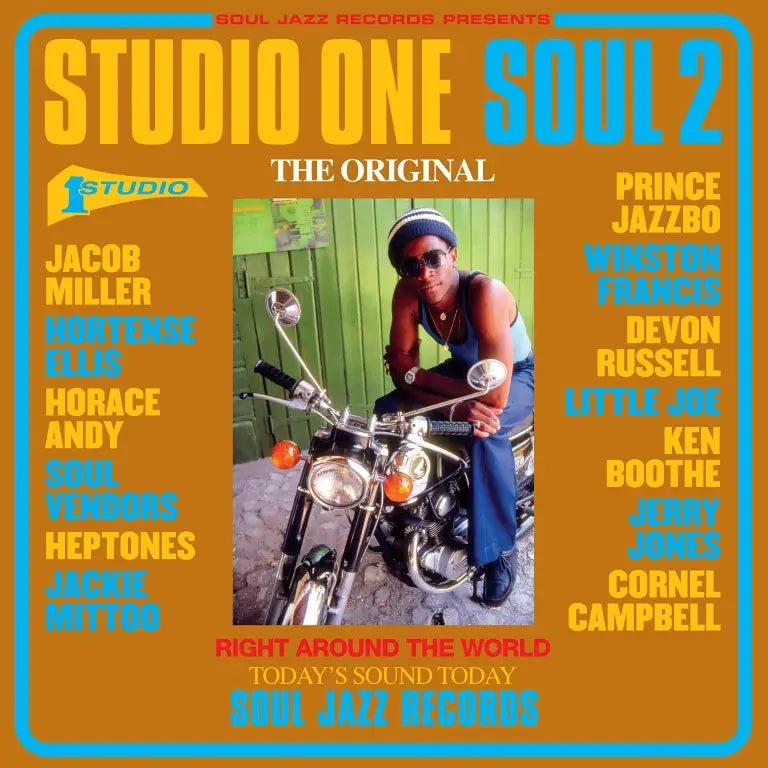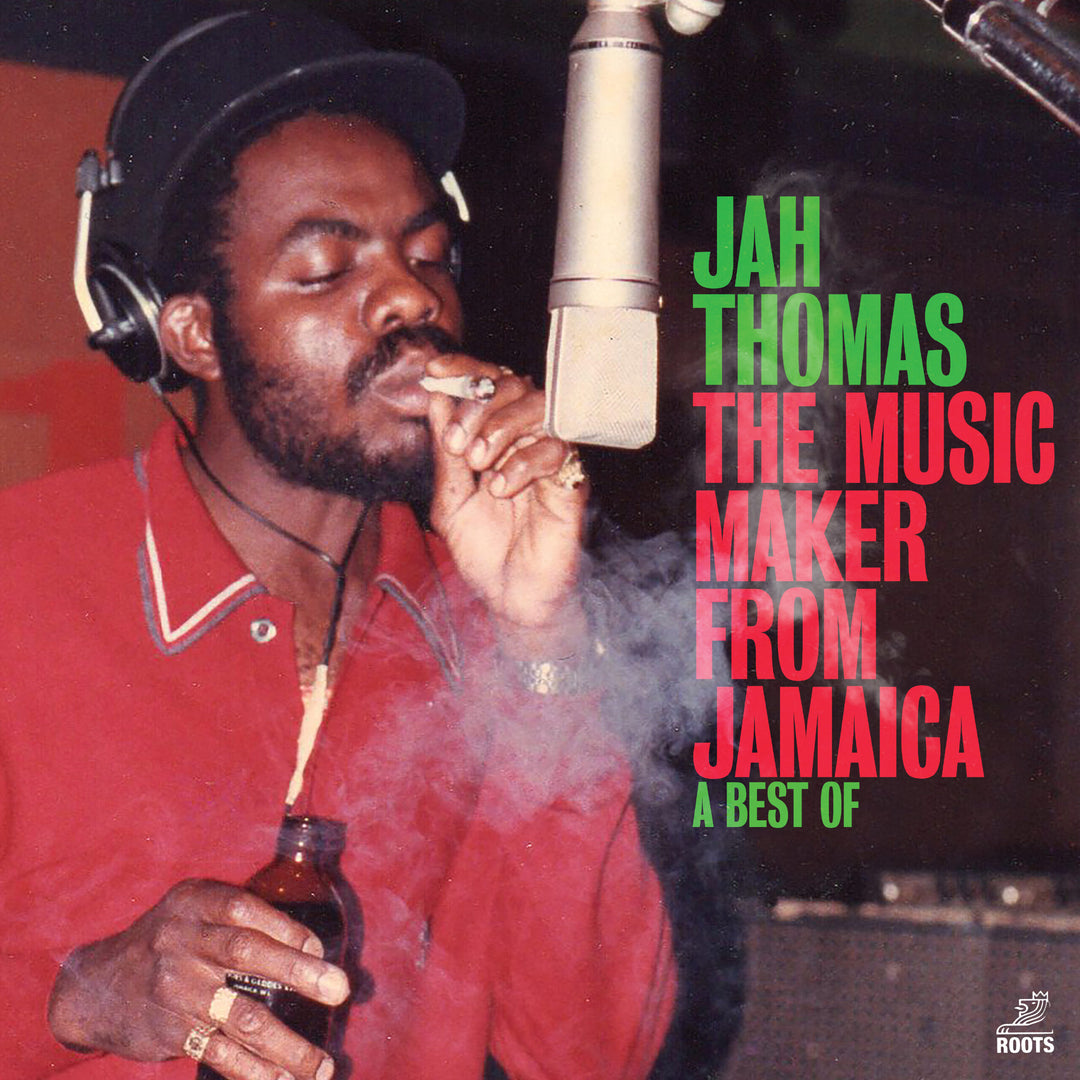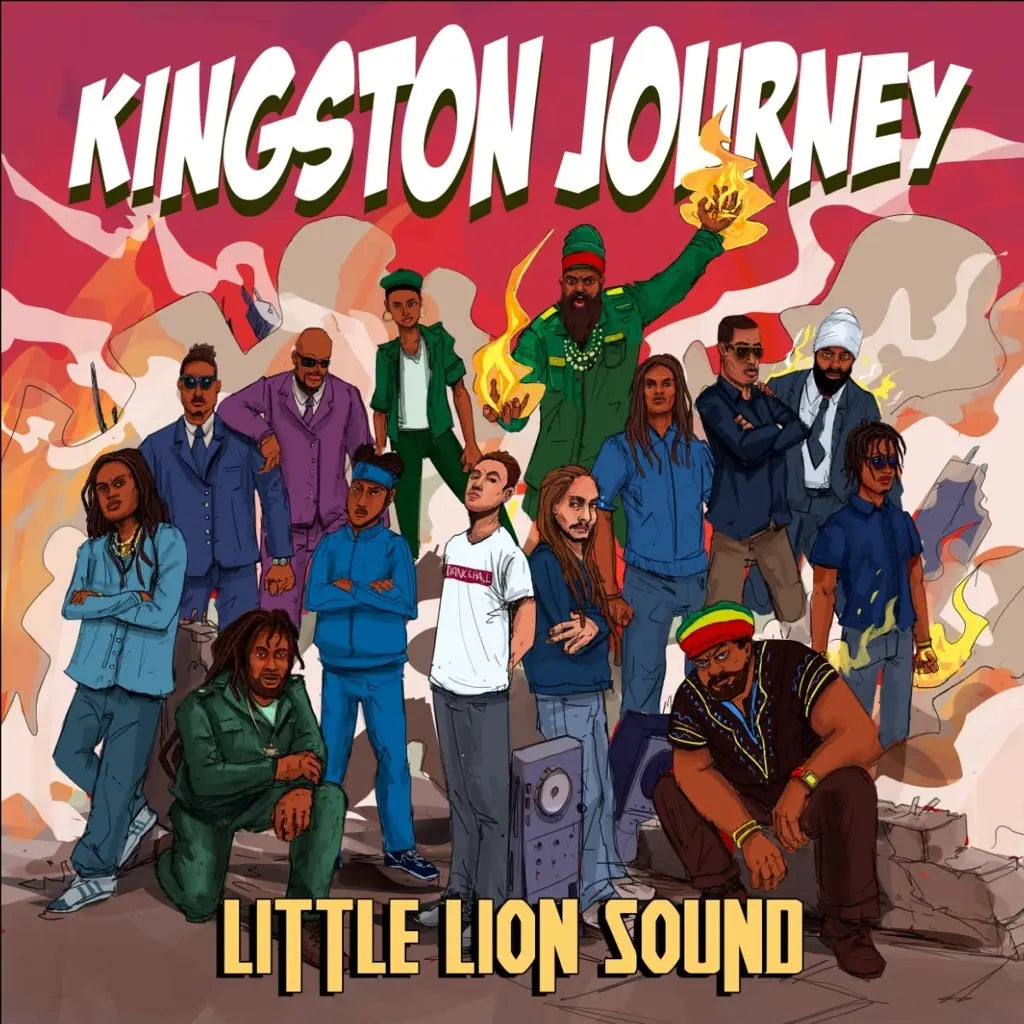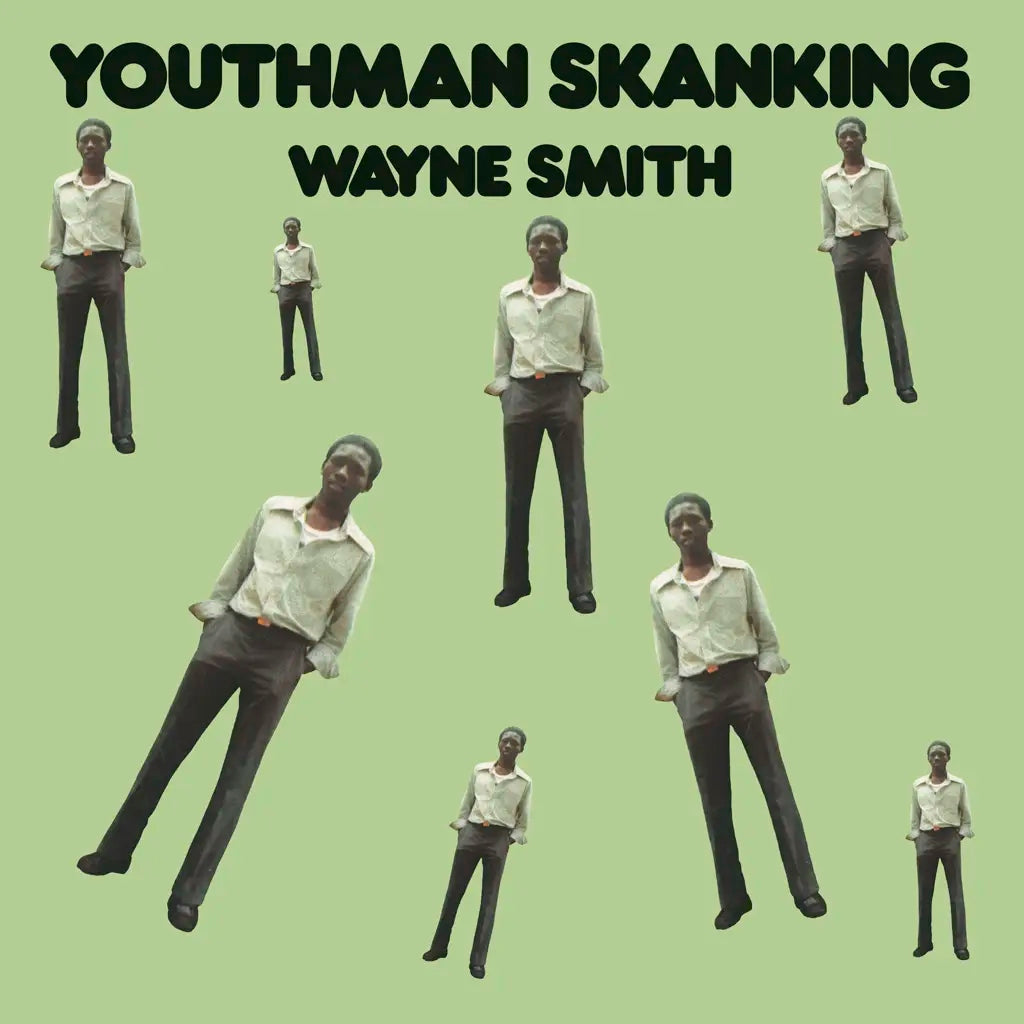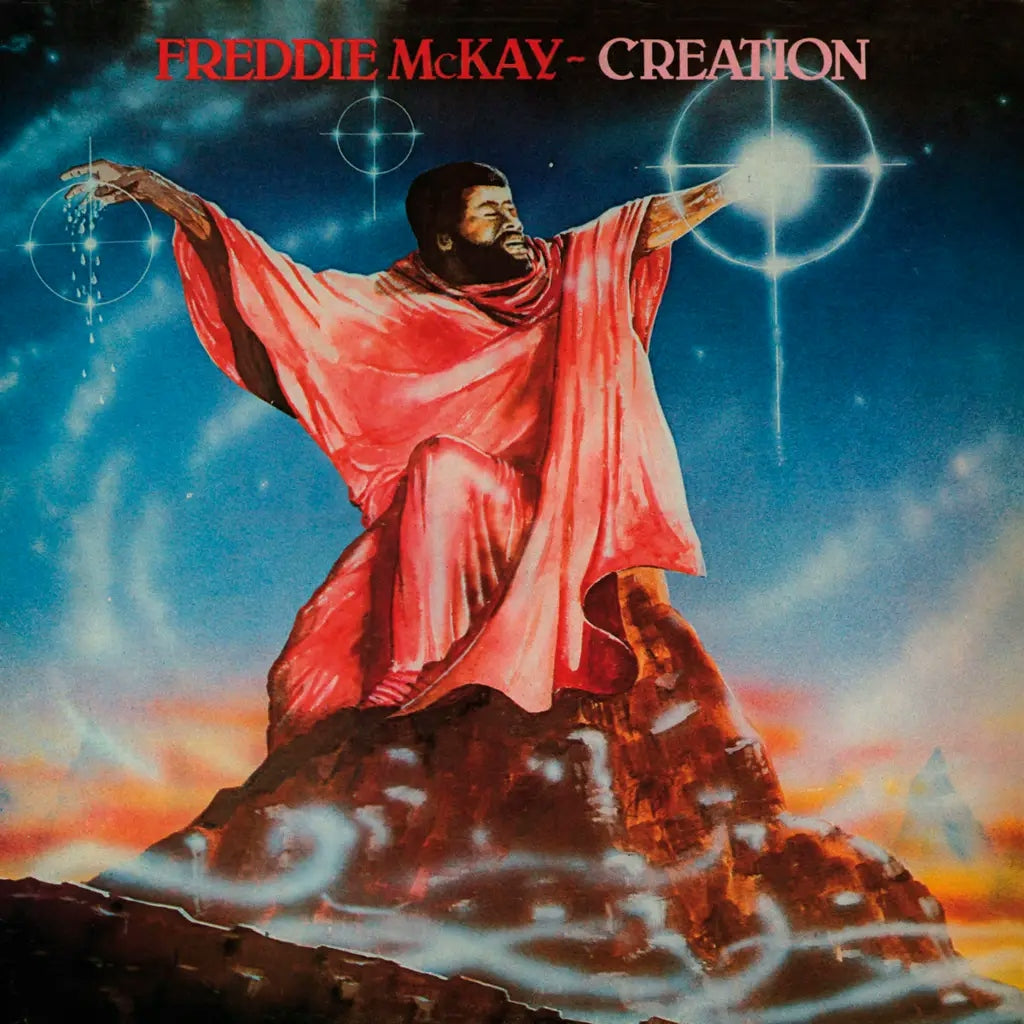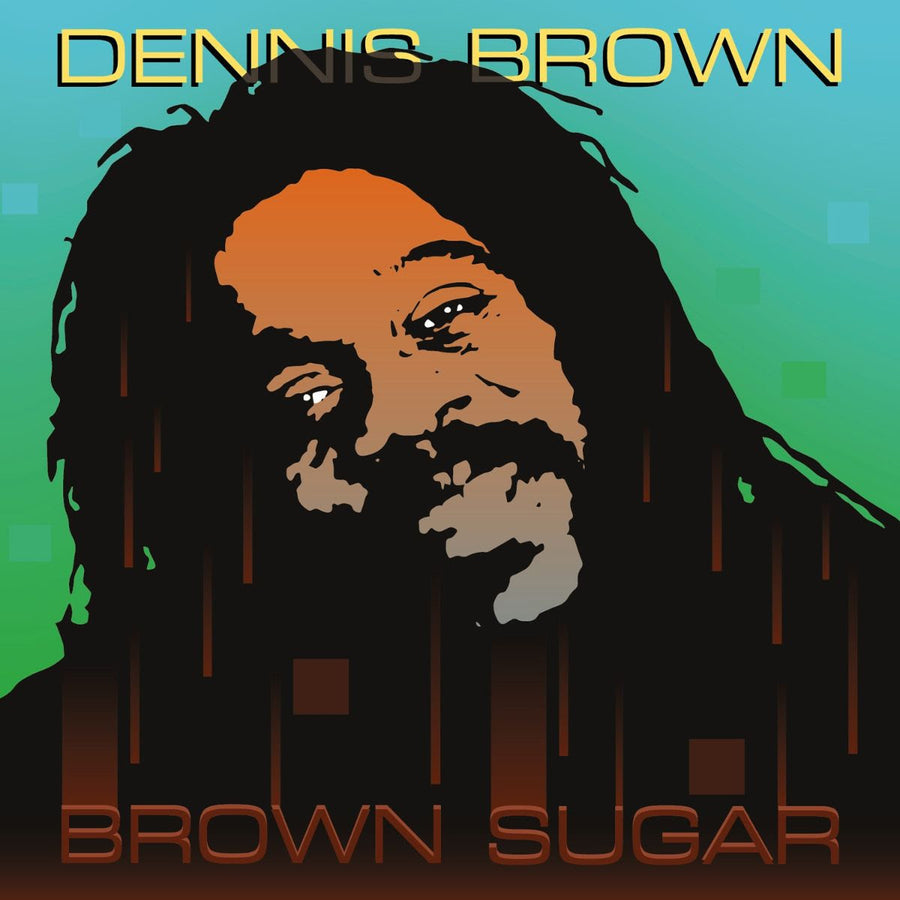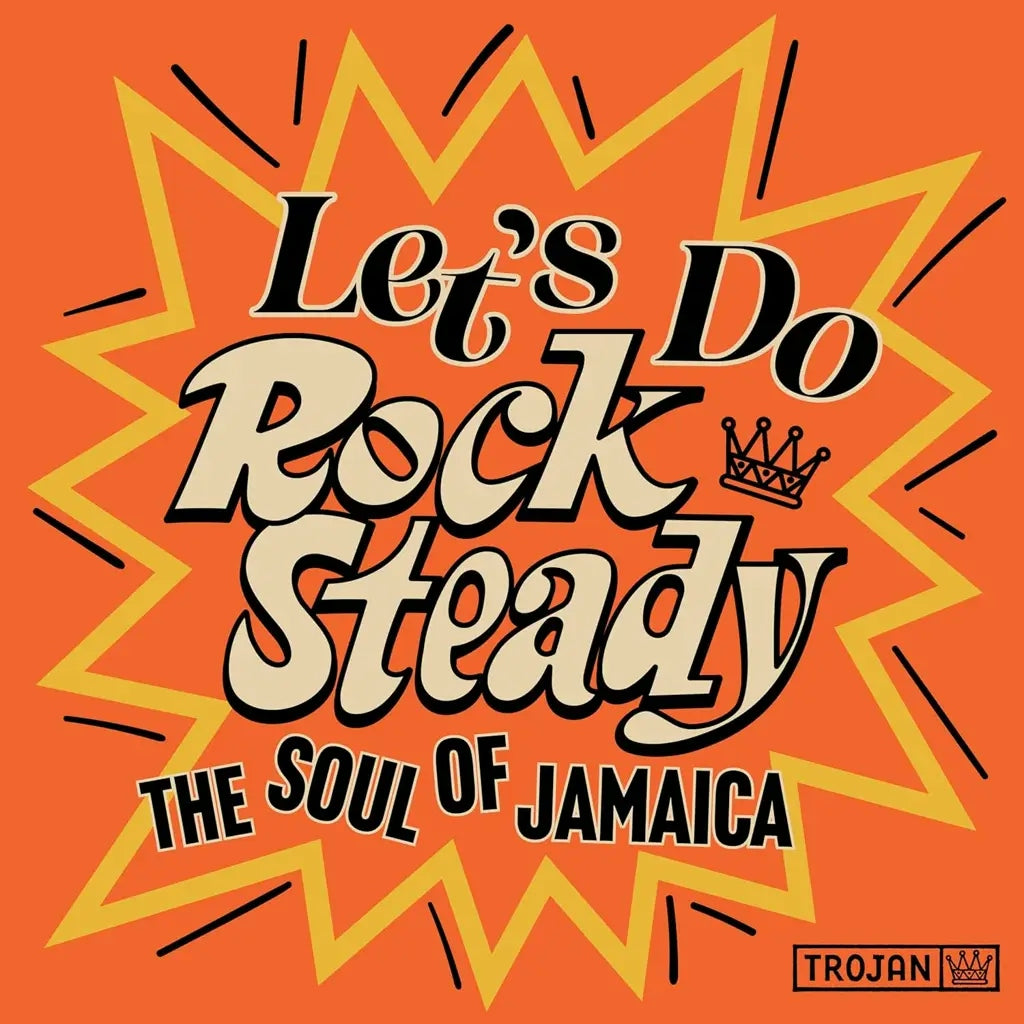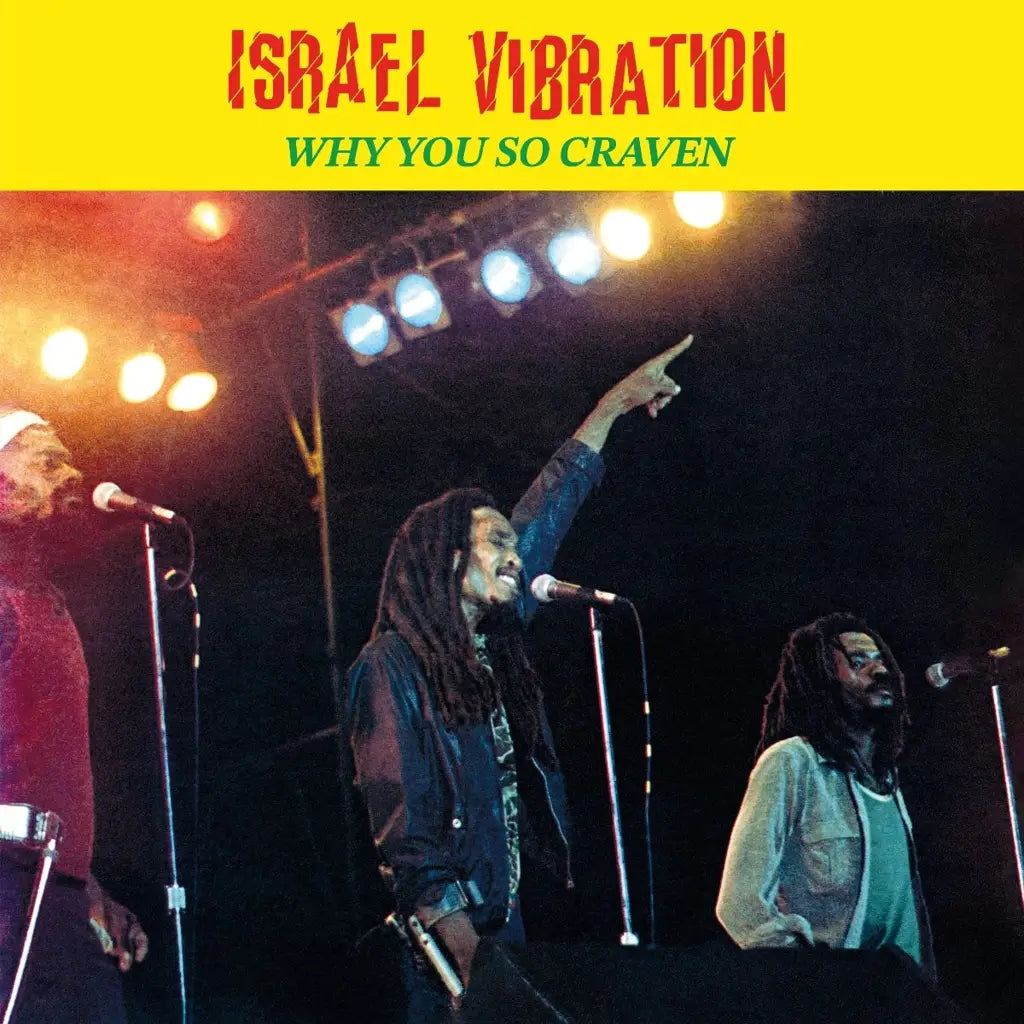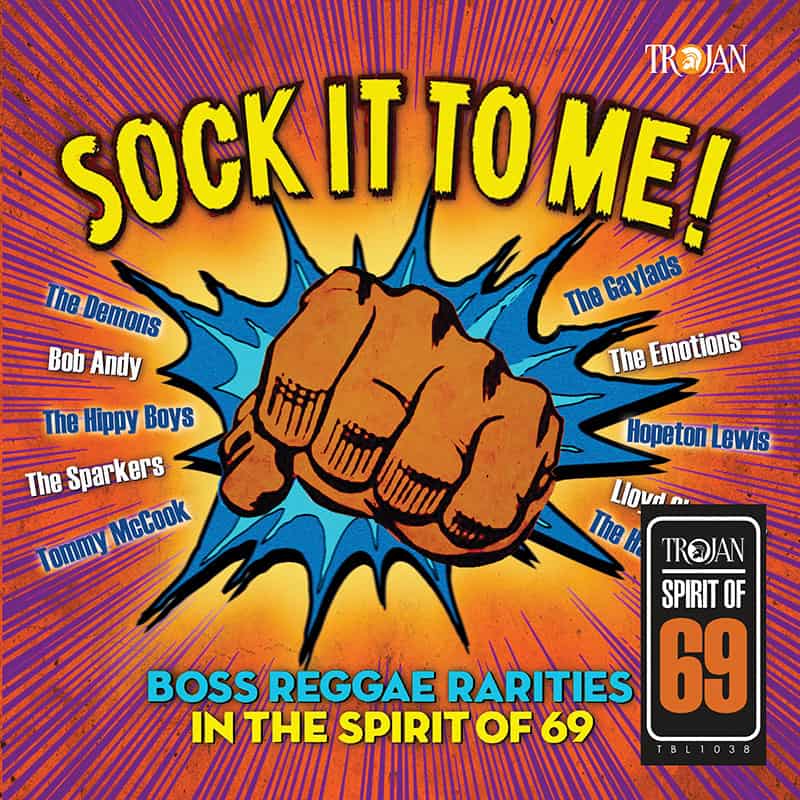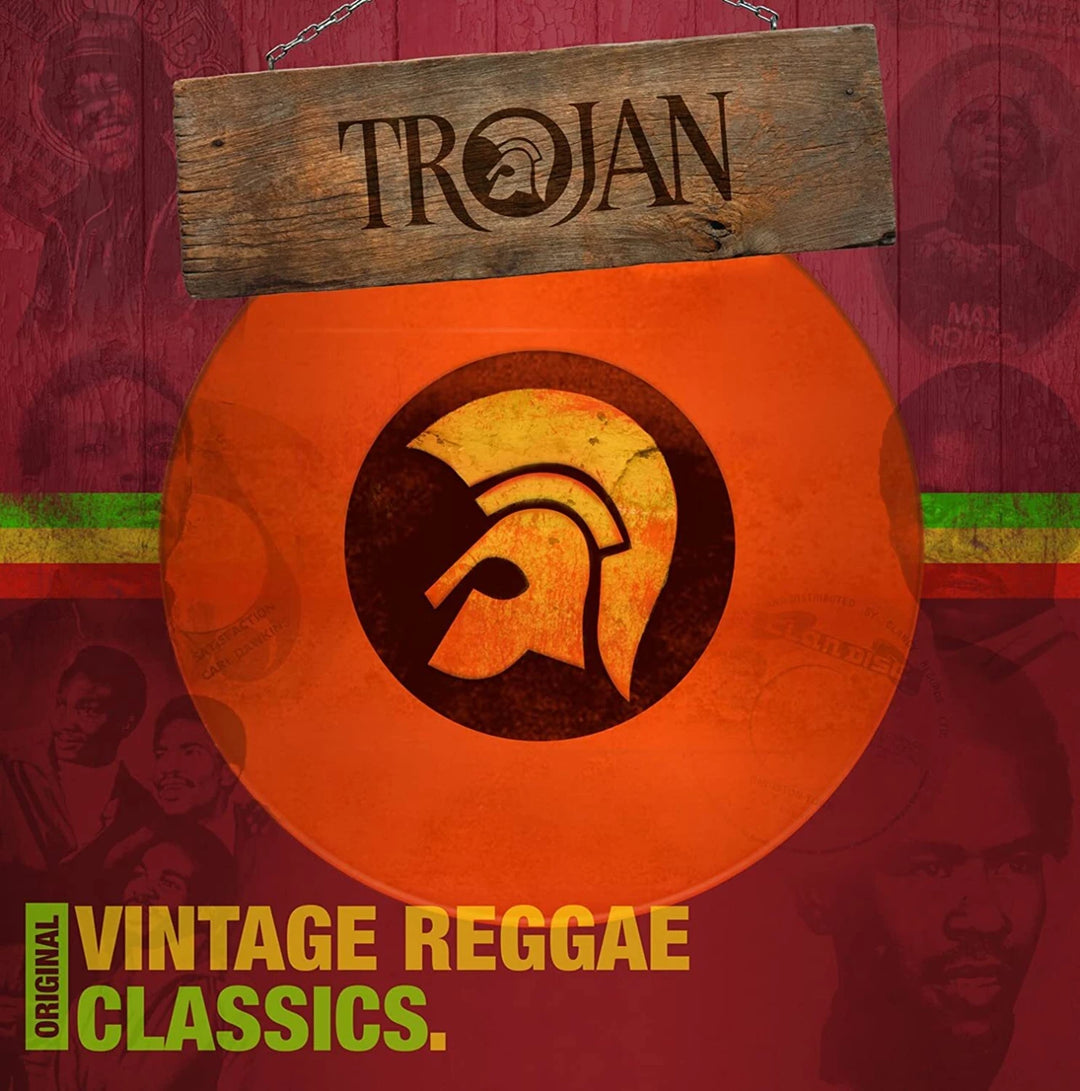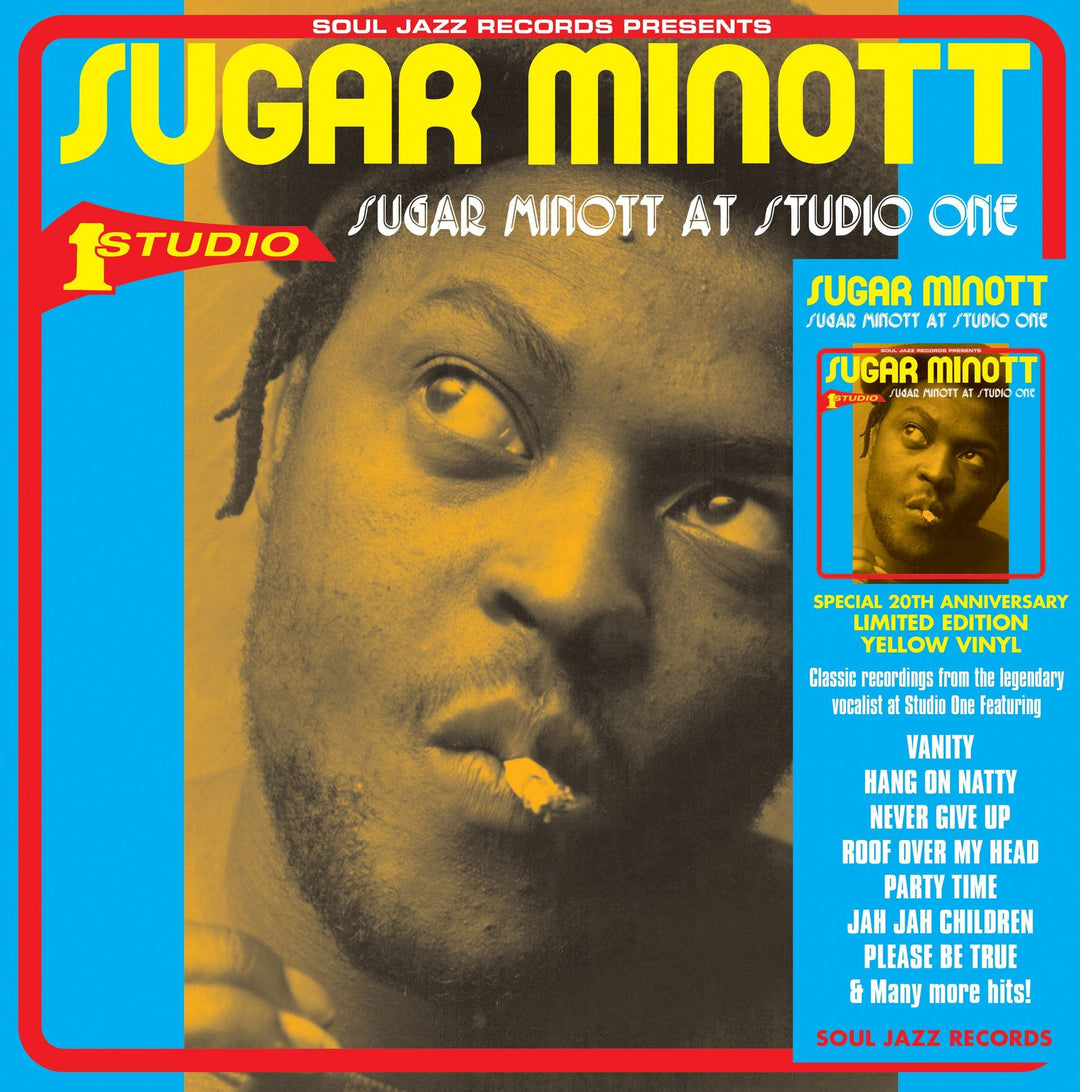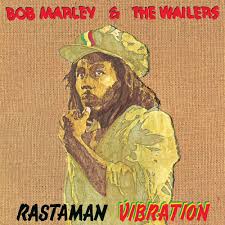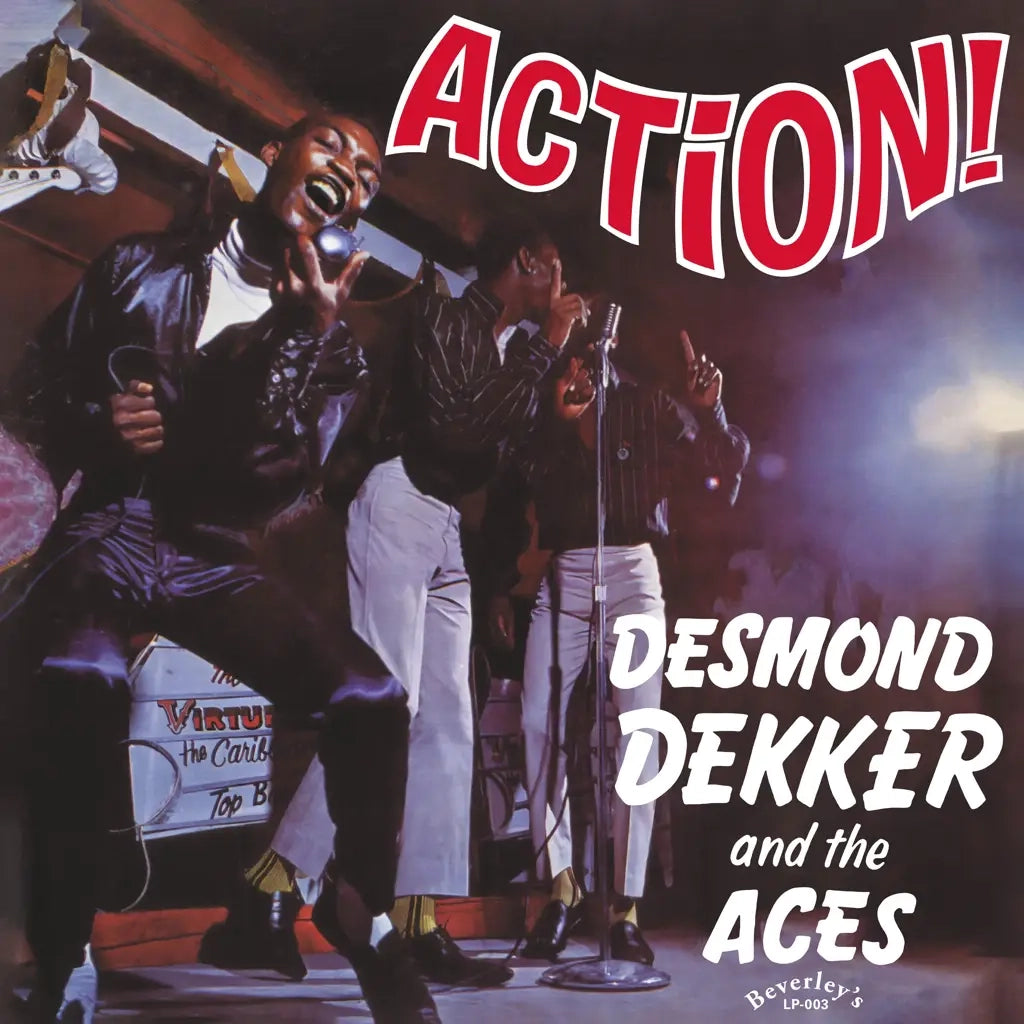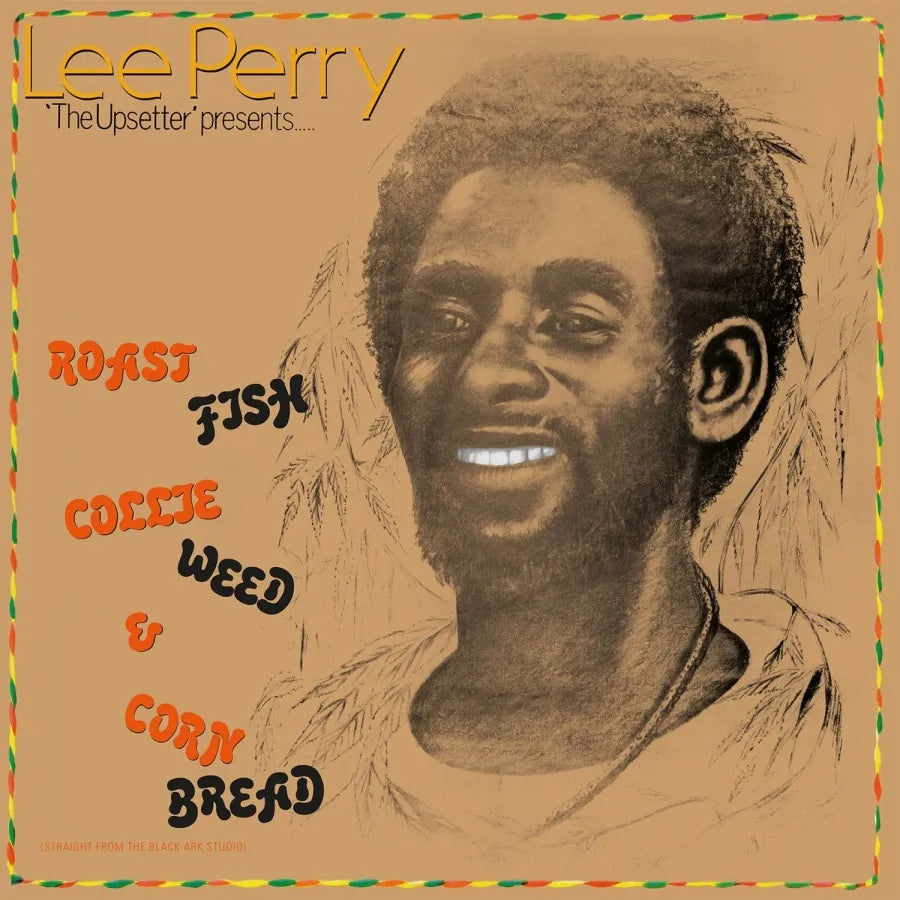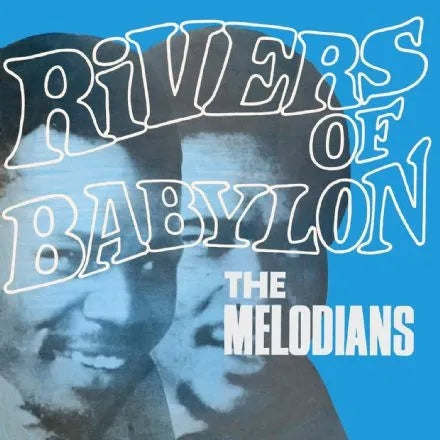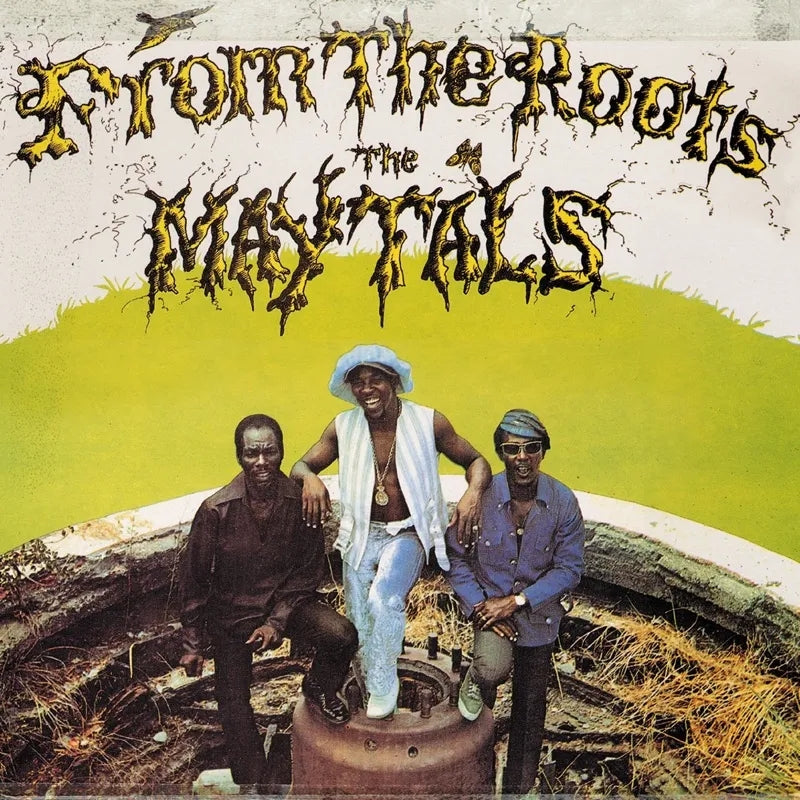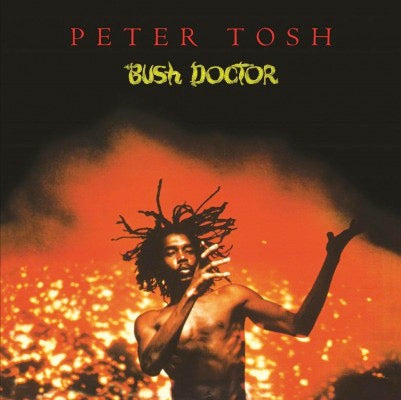54 products
By the end of the 1970s Linval Thompson had cut out a successful dual career for himself as both singer and producer. Naturally he moved in the dub field as well, getting further use out of rhythms he used in his other works. Dub had begun strictly as an album format with limited pressing runs for scene insiders, but it had swiftly gained the interest of the rank and file reggae buffs.
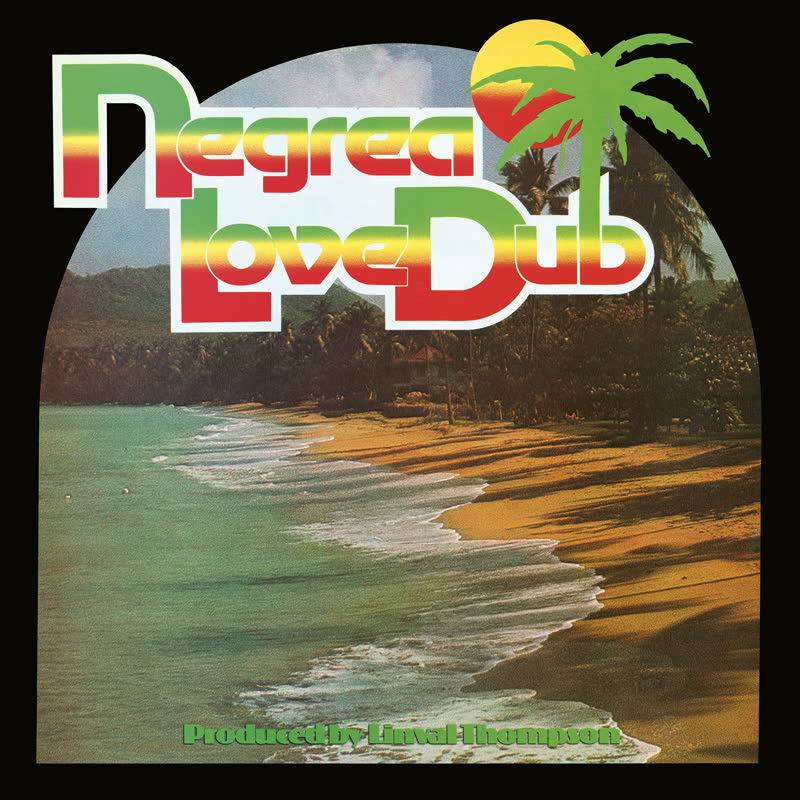
Soul Jazz Records’ new ‘SOUL JAMAICA’ brings together a wicked selection of reggae funk and soul tracks from the legendary Studio One stable, featuring a stellar line-up of artists including Jackie Mittoo, The Heptones, The Gladiators, Sim Smith, Peter Tosh and The Wailers, Cedric ‘Im’ Brooks and many more.
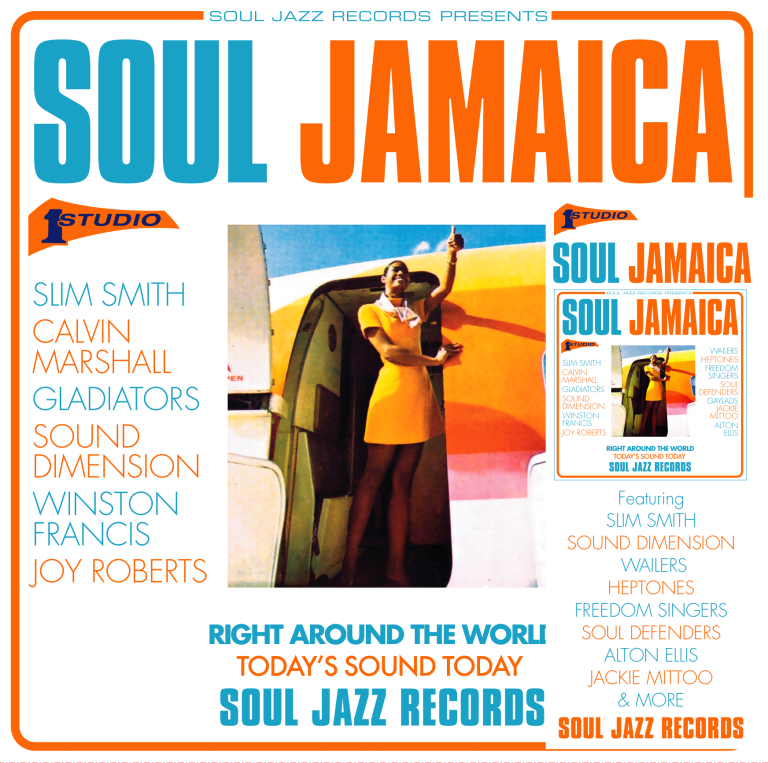
Sale
Sale
Sale
Sale
Soul Jazz Records’ new ‘Junglist!’ is a heavyweight new selection of classic and rare original jungle and features Krome & Time, Cutty Ranks, M-Beat, Bizzy B, Lemon D, Top Cat and more.
‘Junglist!’ tells the story of how jungle and reggae came together to produce some of the heaviest
unes ever made.

Exclusive collection of the Jamaican reggae singer and DJ. All the tracks are Clement Bushay productions from the years between 1974 and 1979 and never released on a single vinyl. Born in Clarendon, Jamaica on December 3rd, 1951, Prince Jazzbo, also known as Linval Roy Carter, burst into the music scene with his hit "Every Nigger is a Winner" and followed it up with "Step Forward Youth." These songs catapulted him to international fame, leading to a successful world tour.
"Upon arriving in the UK, Prince Jazzbo connected with me, that I was already making waves with artists like Louisa Mark, Owen Gray, Tappa Zukie and Zabandis. This partnership led to a fruitful collaboration, and I am excited to share some of the incredible music that came out of our work together. I hope you enjoy it.” (Clement Bushay, November 2024)
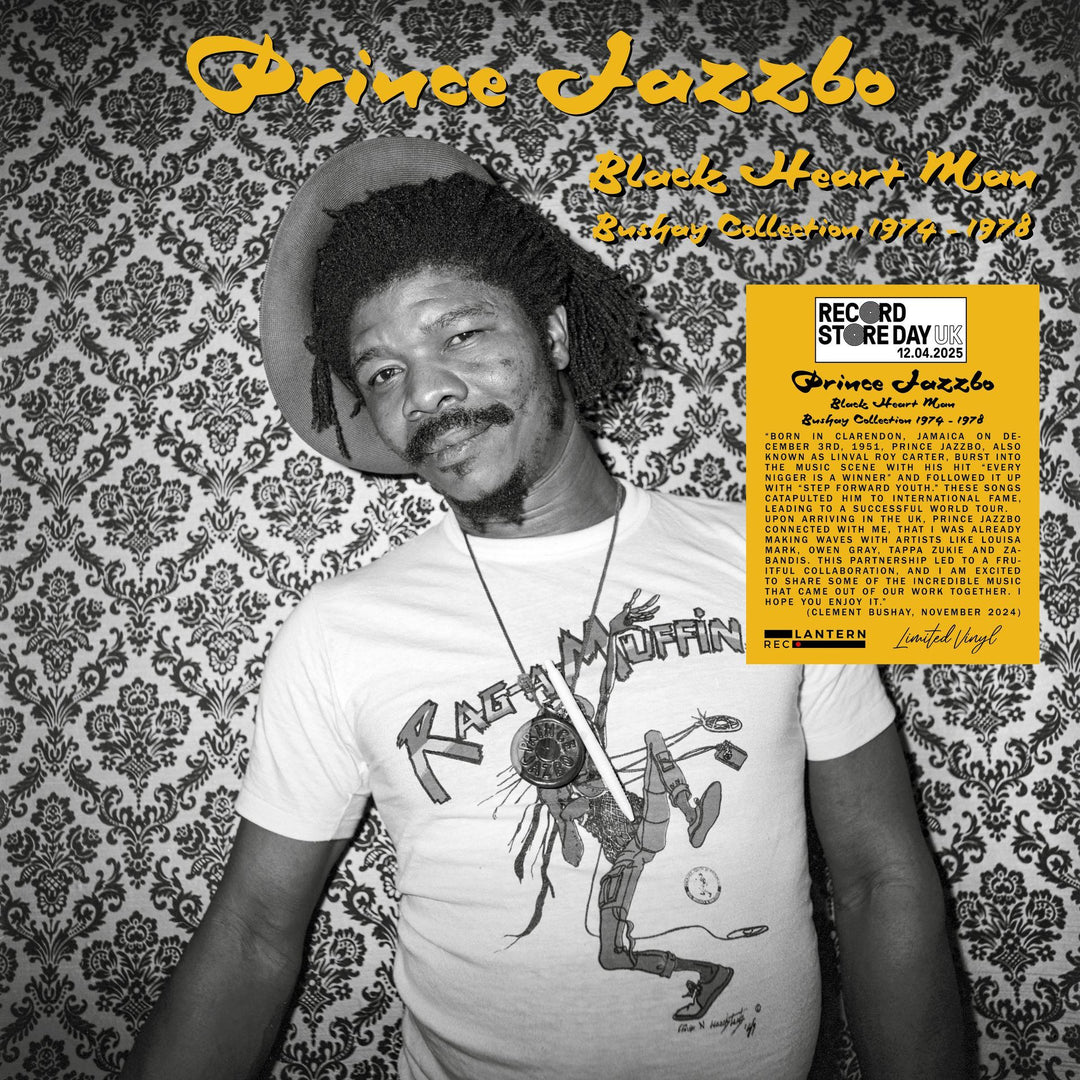
Sale
Deep Nyabinghi drumming and chanting on a version of the Ethiopian national anthem gets things underway on Slave Call, a majestic journey through the spiritual roots of reggae. Later songs add guitars, bass, keyboards, and horns to build a more standard reggae sound on that foundation, but there’s always a dignified restraint and the profundity of the nyabinghi beat. the entire album revolves around Leonard Dillon’s Rastafarian beliefs, with even the cover of the Beatles’ “Let It Be” rewritten to a religious end.
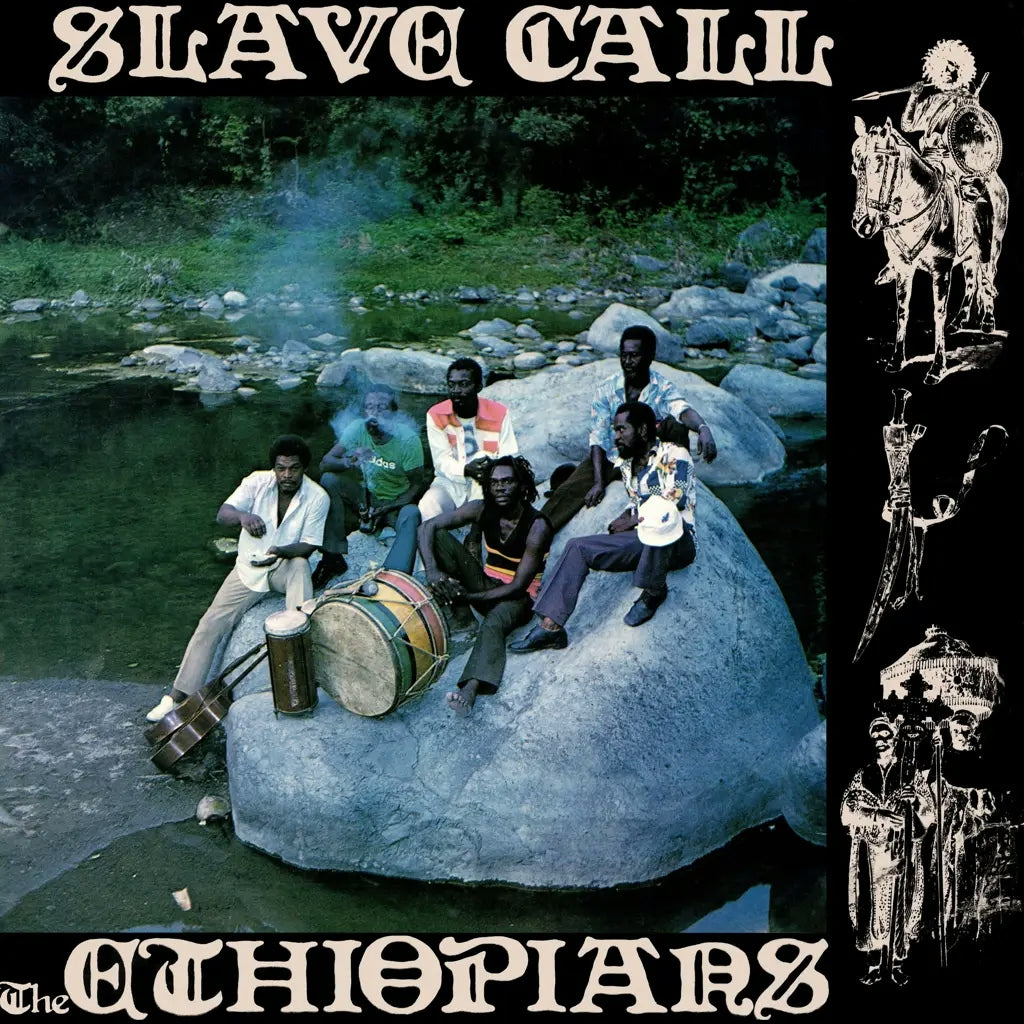
Sale
Sale
Sale


